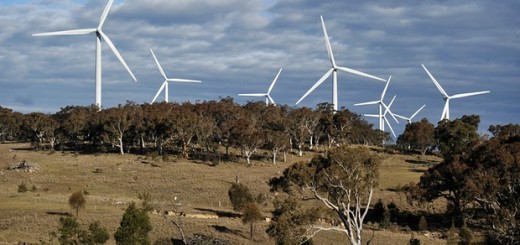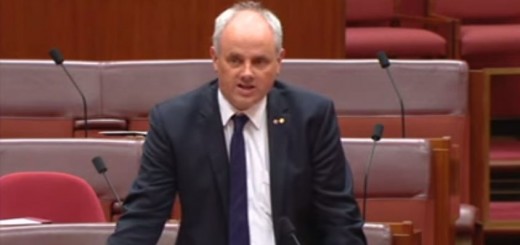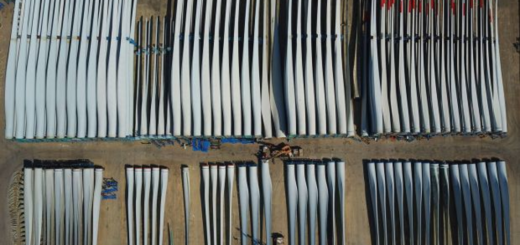250 onshore windfarms will be scrapped as taxpayer subsidies are axed
LARGE swathes of the British countryside are to be spared the blight of windfarms by the axing of taxpayer subsidies, Energy Secretary Amber Rudd has revealed.
She said about 2,500 proposed turbines in 250 projects are now “unlikely to be built”.
The Renewables Obligation subsidy for new onshore wind farms is being scrapped a year early from April next year.
Ms Rudd said this would save consumers cash by avoiding a surplus of state-funded windfarms and by helping newer green technologies compete.
Ms Rudd, who has also announced plans to give local communities the final say over windfarms, said: “We are reaching the limits of what is affordable, and what the public is prepared to accept.”
But critics said taxpayers still face a soaring bill for subsidies to costly offshore windfarms .
Benny Peiser of the Global Warming Policy Forum, which argues that many anti-climate change measures are too costly, said: “This announcement is a move in the right direction but it is a bit schizophrenic.
Tory Chris Heaton-Harris said many of his Daventry constituents had been so alienated by backers of windfarms who had “destroyed people’s faith in renewable energies as a whole”.
But Shadow Energy Secretary Caroline Flint accused Ms Rudd of causing “confusion and concern”.
She said: “Despite the Prime Minister’s warm words on tackling climate change in this most important year of global negotiations, this Parliament has hardly begun but already the cheapest form of renewable energy is under attack and other renewable investors are worried that they are next.”
Earlier Ms Rudd had explained that Britain is on course to exceed its 2020 target of 30 per cent of the UK’s electricity from renewables.
She said Britain is also on course to meet its targets for electricity from windpower which means the impact of subsidies on domestic bills will grow.
She said that Britain currently has about 8.3GigaWatts of electricity from onshore wind – enough to power the equivalent of over 4.5 million homes.
But the ending of subsidies means another 7.1GW will not now go ahead.
She said: “Consumer bills will not rise because of this change. Indeed, those onshore wind projects unlikely now to go ahead would have cost hundreds of millions of pounds.”
RenewableUK’s Deputy Chief Executive Maf Smith disputed Ms Rudd’s figures.
He said: “She is wrong to say that we have enough onshore wind in the pipeline to meet our legally-binding 2020 renewable energy target.
“Government has today put us on a trajectory to undershoot this target because renewable heat and renewable transport fuel are behind on their own targets, which means renewable electricity is expected to make up the shortfall.”
He added: “It’s unfortunate that the Energy Secretary has again failed to grasp the importance of onshore wind. It’s our best option for keeping the lights on and keeping our bills down. It already costs less than nuclear and other renewables, and by 2020 will be competitive with new gas. It’s a mystery why she’s chosen to disregard the high level of public support for this technology, which remains consistently at two-thirds of the population; much higher than for alternatives being championed by Government.”
“The Government is phasing out subsidies for onshore wind but they are still subsiding offshore turbines which are twice as expensive.
“This will not reduce the overall cost for renewables because that was agreed by the coalition Government a year ago.
“Under the Levy Control Framework subsidies for renewables will double from £4billion now to about £8billion in 2020.
“So while many rural communities will celebrate the scrapping of onshore wind subsidies, offshore farms will continue because there are no voters to object.”
The axing for onshore support was welcomed by some Tory MPs including John Redwood who said his party was the only one that cared about the consumer and sought to get energy bills down.











